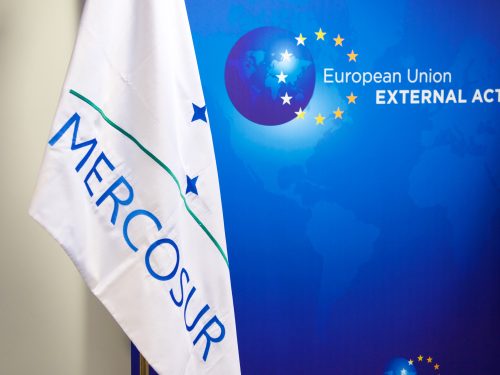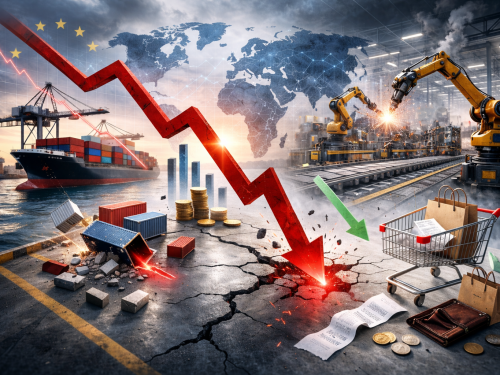News
Share on
"The peak of the crisis in 2022 clearly showed us our weaknesses and recent price increases show us that Italy remains the most expensive electricity market in Europe: in 2024 the wholesale price of electricity in Italy was 38% higher than in Germany, 87% higher than in France and 72% higher than in Spain. We must work to build an energy market where prices reflect the generation costs of the most competitive renewable technologies. To do this, we need to exploit the instrument of long-term contracts, decoupled from the market price formation mechanism used to date, which due to our energy mix is still more than 60% of hours tied to gas-fired plants. This is the decoupling mechanism that we have in mind and on which we are discussing with the government and parliament'. Thus Aurelio Regina, Confindustria President's Delegate for Energy in an interview with the newspaper La Verità.
"Unbundling parafiscal charges from the bill is an issue that has been discussed for some time and also indicated by the sector authority on several occasions. Some countries have already taken this route, Germany, for example, has moved all incentives for renewables into general taxation. Obviously not all states have the same budgetary possibilities. For Italy, a simpler path, we believe, is to exploit technologically mature renewables, which do not need incentives, and to work on removing bureaucratic and administrative constraints for their realisation, such as the discipline on suitable areas, recently aggravated by the Agriculture decree. Bureaucracy also creates cost overruns that then weigh on bills. We therefore expect the government to adopt consistent measures to avoid cost increases for families and businesses and to accelerate the development of green plants," Regina added on the issue of unbundling charges for renewables from bills.
'We appreciate the government's commitment to the path of restarting the country's nuclear experience, concretised in the recent bill presented by the Minister for the Environment and Energy Security. It is important to transform our plant park, considering the sustainable small-scale nuclear option for the benefit of safety as well, but we cannot disregard actions in the short term," stressed the Energy Delegate, outlining a number of priorities: "Firstly, we must ground the energy release, a measure that for three years will be able to advance energy at 65 euros per Mwh (half of what would be paid on the market today) to energy-intensive companies that commit to returning it with investments in renewables. Measures are also fundamental to ensure the maximisation of the positive externalities of national hydroelectricity, resolving the knot of concessions still under discussion and allowing companies to have renewable energy to accompany the decarbonisation of industrial processes at competitive prices. This must be linked to the aforementioned development of long-term contracts for green energy, also taking advantage of a centralised counterpart such as the GSE that can combine supply and demand. Lastly, we must work to lower the price of natural gas, for example by implementing the gas release, to which must be linked a full and effective exploitation of our supply routes'.
Lastly, Regina analysed the global energy scenario and the relationship between the EU and the US: 'We do not believe that the new US administration will exacerbate the energy crisis, for us American gas is crucial and President Trump has said that he wants to promote negotiations to bring the Russian-Ukrainian war to an end; this can only be positive for easing tensions on European energy prices. On the other hand, we need to reflect on our policies to avoid being displaced. It is clear, unfortunately, that all of Europe has lost competitiveness over the years: the Old Continent's GDP per capita between 1993 and 2022 grew half that of the United States. A radical change of pace is needed in the EU and not one made up of small adjustments and too many regulations. Recent European policy has generated 170 measures on energy alone, which has resulted in congesting all economic activity. Europe already imports large quantities of LNG and the future increase in gas extraction and liquefaction plants overseas will strengthen our partnerships. Of course, European policy will not be able to avoid considering the US President's decision to exit the Paris Agreement. Businesses expect measures from the European Commission to promote technology neutrality, redesign state aid rules, and reduce the direct and indirect burden of ETS by reviewing instruments to reduce the risks of relocation of emissions to less environmentally friendly geographies. We must all work together to achieve these goals, and as Confindustria we are collaborating with the government and Parliament with a common strategy to be represented also to the new European Commission'.




